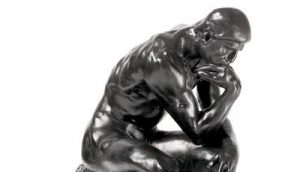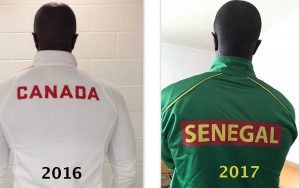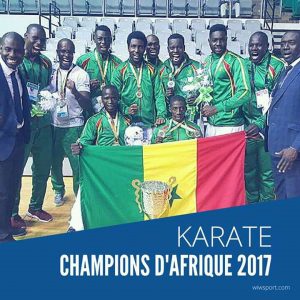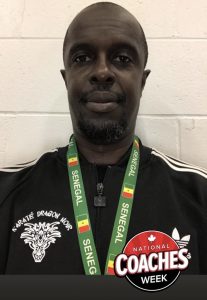
A coach must recognize his own leadership style and practice it wisely. In my last post about leadership, I reflected on my evolution as a coach(leader) and the phases I had to go through.
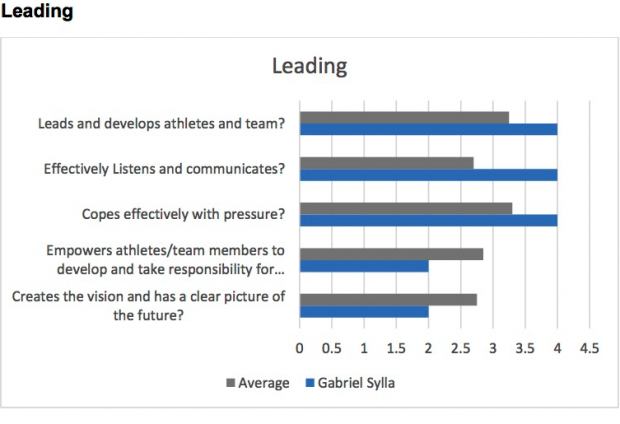
At the beginning of the HP program at UBC, we did a Practicum Enhancement survey
and an NCCP competency self-assessment. I want to reflect on the last two NCCP leadership core elements because I had a lower average than the rest of the cohort: 1-Empowers athletes, team members to develop and take responsibility for… 2-And Creates the vision and has a clear picture of the future.
1-Empowers athletes, team members to develop and take responsibility for…
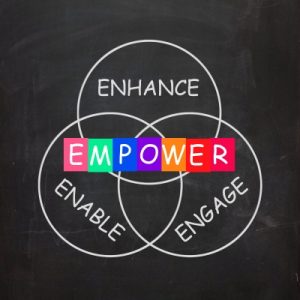
An effective leader uses frank and direct communication with his teammates to develop interpersonal relationships based on mutual trust and respect; The leader is able to positively influence the members of his team, he knows how to sell his ideas in order to motivate his troops;The effective leader is also the one who guides the team towards success and who knows how to offer support and encouragement when needed. I scored myself low because at that time I had always been in my career an assistant coach and I didn’t perceive myself as a true leader, I lacked confidence in my leadership abilities, then I read Kouses and Posner “The Leadership Challenge”. This book has shown that there are five primary ways they interact with those around them:
- Model the Way
- Inspire a Shared Vision
- Challenge the Process
- Enable Others to Act
- Encourage the Heart
After reading this book I realized that as an assistant coach I was very much in a leadership role and that my peers, athletes and other staff members rated me higher in those categories than I did myself in a 360-degree feedback process.
- Enable Others to Act and Encourage the Heart are my strong suits, they have always been, they are part of my personality, I learn this year to recognize it and use them to the fullest. It gave me enough confidence to start my own karate club. I work with a small group of athletes who were in a traditional karate system but were looking to develop as high-performance Olympic style karate athletes! We are already starting to have success at the provincial, national level.
- One of our athletes recently went to the youth world cup pushed an athlete that was ranked as high as number 7 in the world to a draw (lost by decision of the judges)
2- Creates a vision and has a clear vision of the future
A leader must have a vision for the future and be able to anticipate events in order to be able to effectively manage the changes that may occur! I lacked the confidence to be that man that inspires a shared vision.
By creating my own club I build a platform to be that kind of leader, I worked on how I presented myself as a coach, I used Facebook for that by putting up inspiring training videos, I wrote articles and shared my personal views on nutrition strength and condition and WKF (World Karate Federation) karate.
I didn’t recruit anybody, these athletes and parents came to me. Some instructors and not happy, but that is exactly how I was able to have the small team that I’m working with today. I was able to anticipate some of these reactions and calm everyone down. I was also able to anticipate the difficulties and obstacles these young athletes might face making the transition from tradition karate to sports karate.
I’m always looking to positively influence my team and guide them towards a common vision:
-Be the best that they can be!
-Be willing to work hard, with discipline and passion!
-Do things for the right reasons (performance at all costs is out of the question)
-Believe that they can achieve anything!
-Perform well in school and go to the highest heights in their sport: I recently invited Alexandra Recchia who is a five-time world championships medalist, many times European champion and France National champion but most all a lawyer in Paris. She passed her Bar exam one month before winning two gold medals at the world championships!
Inspiration is everything and I’m willing to do anything to inspire my team and keep them on the path on that common vision we all share. Communicating with my team and practicing active listening is critical
Identifying the concerns and aspirations of people around me, not just my own, allows me as a leader to join, inspire more people to my cause. athletes in a club need to have a common vision that they share with each other and their coach to be even more involved.
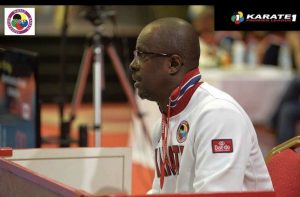
I share inspiring personal stories all the time and talk about my vision for the future, and how I arrived at that conclusion. I plan and share with them short- and medium- and long term objectives, show them how they can contribute collectively to the obtain expected results with Gap analysis presentations, structured annual plans. Last but not least I always acknowledge their accomplishments and make them feel good about themselves, the human growth experience is one of the main reasons why I’m coaching!
